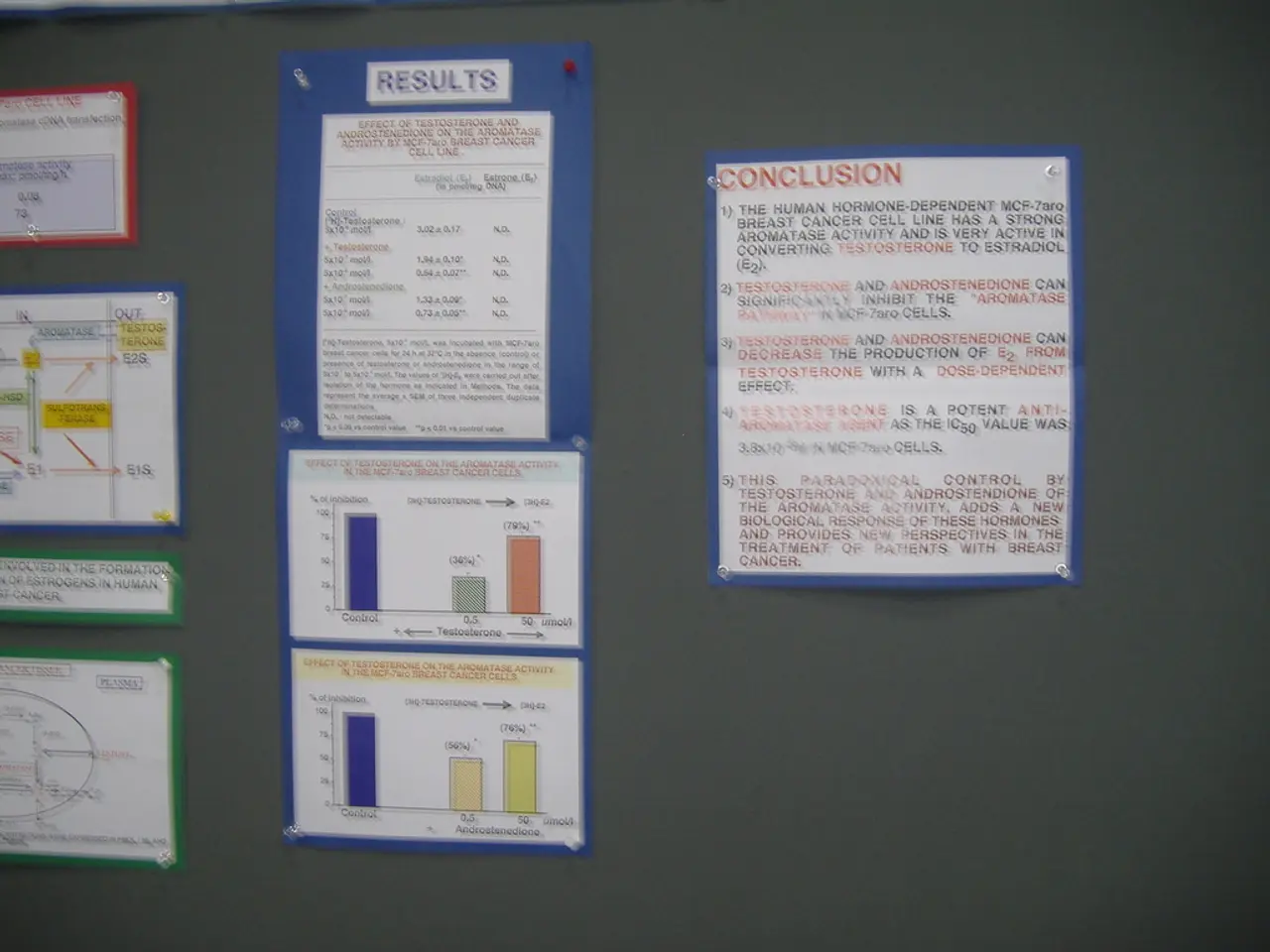TD concedes 'grimmest day' during shareholder assembly
TD Bank, one of Canada's largest financial institutions, has agreed to pay a record-breaking $3.09 billion settlement to U.S. authorities over years-long failures in its anti-money laundering (AML) controls.
The settlement, the largest AML penalty to date, was reached due to TD's negligence in monitoring its transaction volumes, with over 90% of transactions going unrecorded between 2018 and 2024. This oversight allowed criminals to move billions of dollars through TD's networks, as the bank's leadership cut compliance budgets despite soaring profits, resulting in trillions of dollars going unreviewed.
The settlement has exposed deep flaws in TD's compliance culture and systems, leading to the bank being put on probation, operating under multiple regulatory monitors, and committing to a major overhaul. To address these shortcomings, TD is investing heavily in redesigning its technology stack and hiring over 700 AML specialists.
The settlement has had significant leadership and strategic impacts:
- Former CEO Bharat Masrani's planned departure was accelerated by three months.
- Variable compensation of 41 executives was reduced, with at least a 25% pay cut for all other members of the executive team in 2024.
- A new remediation committee was created on the board to ensure accountability for delivering on regulatory commitments.
- TD Bank appointed Chris Ward as Head of U.S. Small Business Banking as part of a broader strategic effort to rebuild investor trust and focus on growth in small business banking, emphasizing support for that sector amid compliance reforms.
In addition, the bank's board Chair, Alan MacGibbon, faced a narrow reelection, with 57.7% of shareholders voting in his favor. The settlement also includes a $434 billion cap on TD's U.S. retail assets.
In response to the settlement, TD's current CEO, Ray Chun, announced changes to the bank's training programs at all levels, including for front-line employees, to foster a culture of accountability and curiosity. TD has also launched an online service to ease the mortgage application process and hired specialists to help customers with home buying and retirement investments.
Following the settlement, several directors chose not to stand for reelection, including Amy Brinkley, Colleen Goggins, Karen Maidment, Claude Mongeau, and Brian Ferguson. Four new directors were voted in, including Paul Wirth, Ana Arsov, Frank Pearn, Elio Luongo, and Nathalie Palladitcheff.
TD's CEO, Ray Chun, did not mention any plans for purchasing licensing rights in the provided paragraph. Despite the settlement, shareholders voted against every shareholder proposal at the annual meeting, including those urging the bank to adopt an artificial-intelligence code of conduct and disclose its energy supply ratio.
In conclusion, TD Bank's enormous fine was driven by systemic AML failures rooted in cost-cutting and inadequate oversight, which led to regulatory probation and sweeping leadership consequences. The bank is now investing in compliance, governance reform, and renewed emphasis on customer segments like small businesses in an effort to rebuild investor trust and focus on growth.
- TD Bank's AML failures, primarily due to cost-cutting and inadequate oversight, have led to a significant investment in compliances, governance reform, and a renewed focus on customer segments like small businesses as part of an effort to rebuild investor trust and promote growth.
- Due to regulatory consequences arising from TD Bank's AML failures, the bank has undergone leadership changes, including a 25% pay cut for executive team members in 2024, the creation of a remediation committee on the board, and the appointment of new directors.




